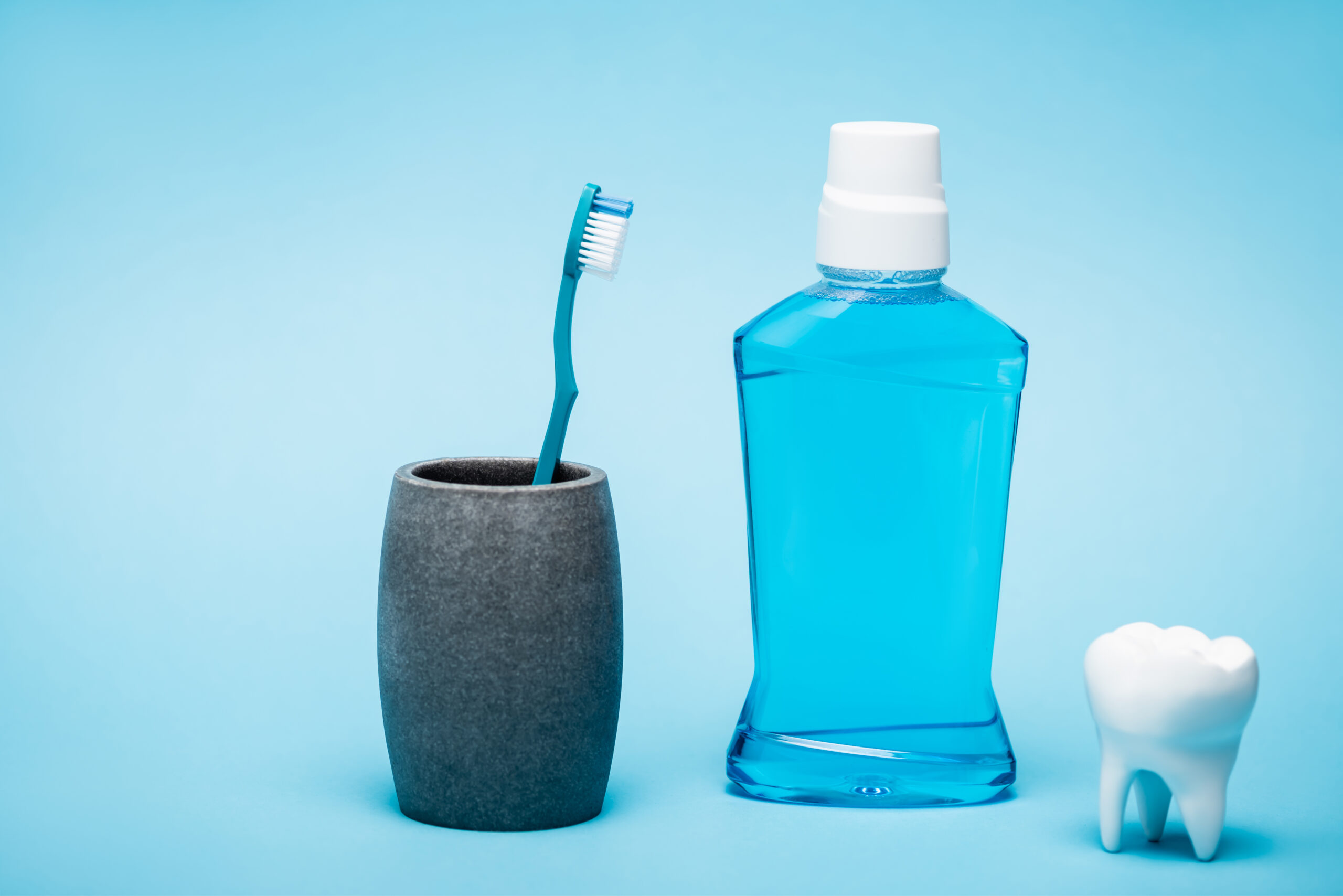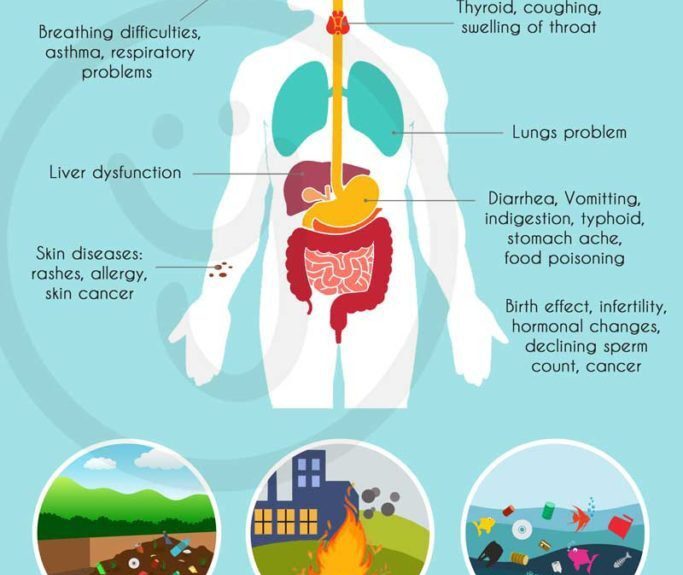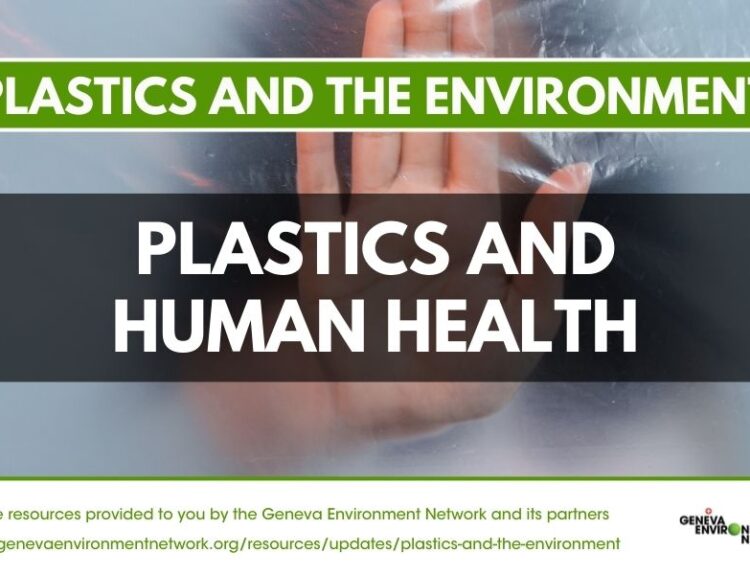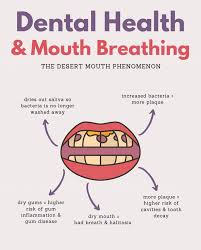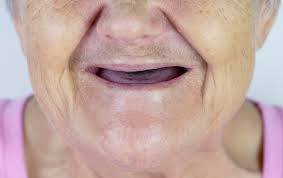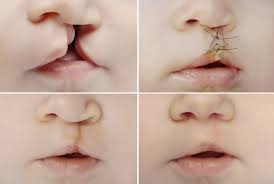Generally, people unnecessarily use commercially available products for mouth rinsing as an integral part of their oral health maintenance. They are unaware that most of them contain alcohol as a main component and use of such mouthwashes causes dryness of mouth that leads to irritation of the Oral Mucosa – the inner lining of oral cavity including cheeks, lips and gums.
Use of an antibacterial mouthwashes kill the necessary (friendly) bacteria which should be present in a healthy mouth. Destruction of normal oral bacteria leave the mouth susceptible to fungal infections Candidiasis or Thrush. Many of the mouthwashes stain the teeth which make the teeth look unattractive. The only good thing about some available mouthwashes is that they possess Fluoride which tends to fight against tooth decay by hardening its enamel surface. It is the swishing effect of a liquid which removes stagnant food debris from between the teeth and not the mouthwash itself. The cavity otherwise, reaches the deeper part of a tooth called the pulp. This can cause continuous or severe toothache. This pain is especially noticeable when chewing.
Hot salt water mouthwashes are a simple, at-home remedy that can help soothe a sore throat and promote healing after oral surgery. They are made by dissolving salt in warm water and then gargling the solution. The warmth of the water can help to loosen mucus and the salt can help to kill bacteria and reduce inflammation.
Hot salt water mouthwashes are safe for most people to use. But it is important to avoid using them if you have open sores in your mouth or if you have recently had oral surgery. If you are unsure whether or not it is safe for you to use a hot salt water mouthwash, you should talk to your doctor or dentist.

